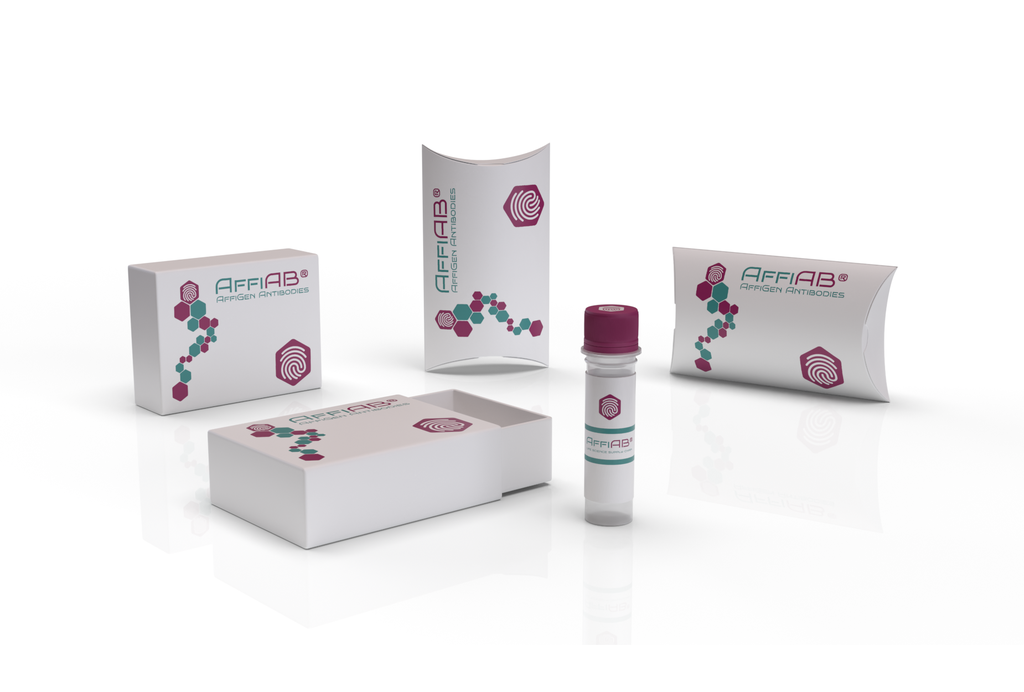AffiAB® Anti-IL-1 alpha Antibody
Two forms of interleukin-1, designated IL-1α and IL-1β, have been described. Although encoded by distinct genes and exhibiting roughly only 25% sequence identity, IL-1α and IL-1β bind to the same receptor and seem to elicit similar biological responses. IL-1 production is generally thought to be associated with inflammation, but it has also been shown to be expressed during kidney development, thymocyte differentiation and cartilage degradation. IL-1 plays a critical role in the regulation of immune response and inflammation, acting as an activator of T and B lymphocytes and natural killer (NK) cells. In T cells, IL-1 stimulates the production of IL-2 and selectively inhibits IL-4 expression. IL-1 induces B cell proliferation and maturation, and immunoglobulin synthesis. NK cells require IL-1β for production of the anti- pathogen IFN-γ. IL-1 has also been implicated in several pathological conditions including rheumatoid arthritis, inflammatory bowel disease and atherosclerosis.
Antibody type
Rabbit polyclonal Antibody
Uniprot ID
SwissProt: P01583 Human; SwissProt: P01582 Mouse
Recombinant
NO
Conjugation
Non-conjugated
Host
Rabbit
Isotype
IgG
Clone
N/A
KO/KD
N/A
Species reactivity
Human, Mouse
Tested applications
IHC-P, FC, WB
Predicted species reactivity
N/A
Immunogen
Recombinant protein within C-terminal human IL1 alpha.
Storage
Store at +4°C after thawing. Aliquot store at -20°C or -80°C. Avoid repeated freeze / thaw cycles.
Form
Liquid
Storage buffer
1*PBS (pH7.4) , 0.2% BSA, 50% Glycerol. Preservative: 0.05% Sodium Azide.
Concentration
1 mg/mL.
Purity
Immunogen affinity purified.
Signal pathway
N/A
Recommended dilutions
IHC-P: 1:400-1:800
; FC: 1:50-1:100
; WB: 1:500
Molecular Weight
Predicted band size: 31 kDa
Subcellular location
Nucleus, Cytoplasm, Secreted.
Positive control
Human lymph node lysates, Human colon cancer tissue, PC-3M.
